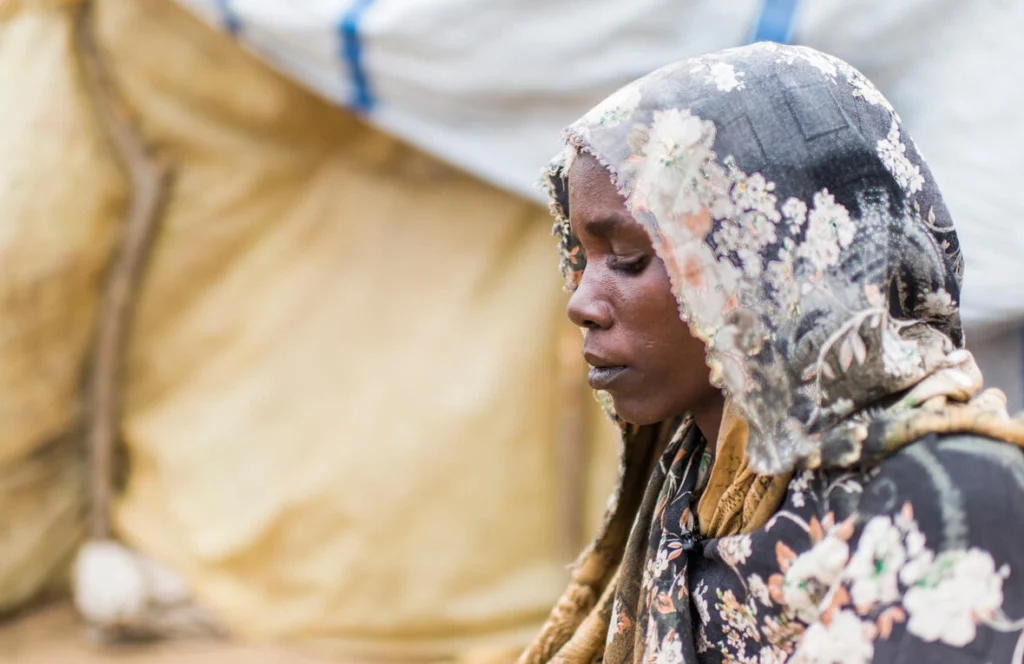
Haweya’s harrowing story is a stark testament to the devastating human cost of conflict. Caught in the crossfire of fighting in Khartoum, Sudan, she suffered unimaginable losses and injuries, including the death of her husband and the injury of her son, compounded by her own physical trauma. Her desperate escape on foot towards Chad, with her injured son on her back and the heart-wrenching decision to leave her other children behind, underscores the dire situations faced by those fleeing conflict zones.
Now in Chad, Haweya and her four children are part of a growing exodus of over 90,000 Sudanese refugees seeking safety from the violence that has not only claimed lives but also reignited ethnic tensions and devastated communities in Western Darfur. The conflict has led to significant civilian casualties and the destruction of essential infrastructure, leaving many internally displaced.
The influx of refugees into Chad exacerbates an already critical humanitarian crisis. With the country grappling with food insecurity, climate change impacts, and intercommunal conflict, the additional strain of supporting new refugees is immense. The fact that the majority of these refugees are women and children, many of whom are now living in extremely precarious conditions without adequate shelter, food, or clothing, adds urgency to their plight.
Haweya’s simple yet poignant plea for basic necessities – food, clothes, and shelter – highlights the immediate needs of refugees who have lost everything. Her resilience in the face of adversity, planning to build a shelter from whatever materials she can find, reflects the broader struggle of refugees to rebuild their lives in the face of ongoing uncertainty and insecurity.